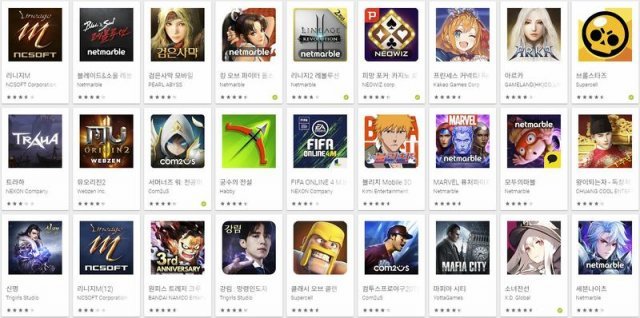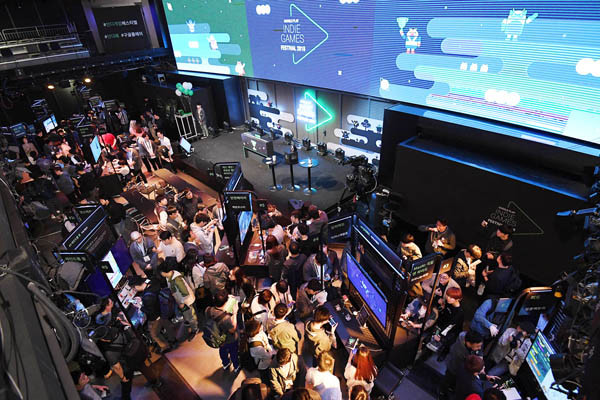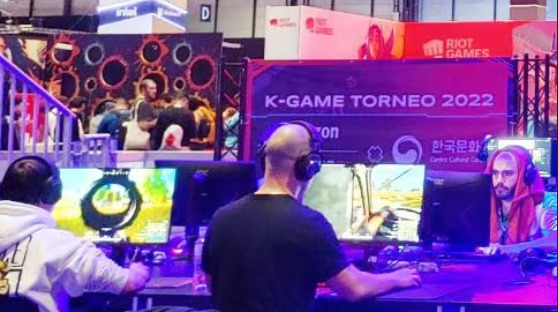
The Globalization of the Korean Gaming Industry: The Power to Open a New Future
Today, I’d like to talk about the Korean gaming industry. In recent years, Korean games have gained immense popularity not only domestically but also worldwide. This globalization of the Korean gaming industry can be seen as a powerful force opening up new futures. Let’s delve into this topic together.

Spectacular Growth and Current State of the Korean Gaming Industry
The Korean gaming industry has experienced remarkable growth over the past few decades. In the 1990s, PC games were the mainstream, and Korean game developers enjoyed significant popularity in the domestic market. However, with the advent of mobile devices in the 2000s, mobile games began to rise, further energizing the Korean gaming industry. Today, Korea is recognized as a leading country with world-renowned game production cases.
Leap to the World Stage: International Success Stories of Korean Games
Korea has introduced games of various genres to the world, achieving international success. Notable examples include MMORPGs (Massively Multiplayer Online Role-Playing Games) such as ‘Lineage’ and ‘Dungeon & Fighter’. These games have gained immense popularity worldwide, enhancing the competitiveness of the Korean gaming industry. Additionally, the real-time strategy game ‘StarCraft’ has played a significant role in boosting the popularity of esports worldwide.

Key Strategies and Challenges for Entering the Global Market
Entering the global market involves several key strategies and challenges.
First, considering various platforms is essential. Games should be released on multiple platforms, such as PC, console, and mobile, to secure a foothold in the international market. Second, localization and cultural customization are necessary. Games need to be developed and content provided according to the culture and language of each country.
Technological Innovation and Creativity: Core Competencies of Korean Game Development
The success of the Korean gaming industry is attributed to technological innovation and creativity. Korea is developing various technologies in collaboration with globally renowned IT companies. Moreover, Korean game developers create unique games with original and creative ideas. These core competencies significantly contribute to the Korean gaming industry’s competitive edge in the global market.

Cultural Appeal and Localization: Enhancing Competitiveness in the Global Market
The gaming industry heavily relies on cultural elements. Korean games distinguish themselves through unique graphics, storytelling, and music. Developing games that leverage this cultural appeal and providing content tailored to local markets play a crucial role in strengthening competitiveness in the global market.
The Role of Government and Support Policies: Efforts to Stimulate Growth
The government is implementing various support policies to foster the growth of the Korean gaming industry. For example, efforts include providing tax benefits and running talent development programs. Additionally, supporting game industry clusters creates an environment for game developers to collaborate and exchange ideas.

Changes in Online and Mobile Game Preferences and Market Trends
The online and mobile game market is rapidly evolving. Recently, games emphasizing real-time PVP (Player vs. Player) elements have become popular, with mobile battle games gaining attention. Furthermore, advancements in artificial intelligence and virtual reality (VR) technologies are making game experiences more realistic and immersive.
Esports and Korea’s Increasing Global Influence
Esports is a globally popular sports category, with Korea leading the way. Numerous esports tournaments and leagues are held in Korea, and Korean professional gaming teams achieve outstanding results in world competitions. The Korean esports industry is enhancing its global influence and generating significant economic effects.

Future Outlook and Expected Changes in the Gaming Industry
The Korean gaming industry is expected to continue growing in the future. Technologies such as artificial intelligence, virtual reality (VR), and augmented reality (AR) will be increasingly utilized in games, improving realism and user experience. Additionally, the convergence of various platforms is anticipated to diversify the gaming industry further.

Next Steps and Challenges for the Globalization of the Korean Gaming Industry
To achieve globalization, the Korean gaming industry faces several next steps and challenges.
First, securing a diverse presence in the global market is crucial. Second, developing content and localizing it for local markets is necessary. Third, continuous technological innovation and creativity must be pursued. By addressing these steps and challenges, the Korean gaming industry can achieve even greater global success.
We have explored the globalization of the Korean gaming industry. Based on its past successes, the industry is expected to continue advancing. With ongoing technological innovation and creativity, Korean games will gain even more recognition and love worldwide. 🎮🌍




